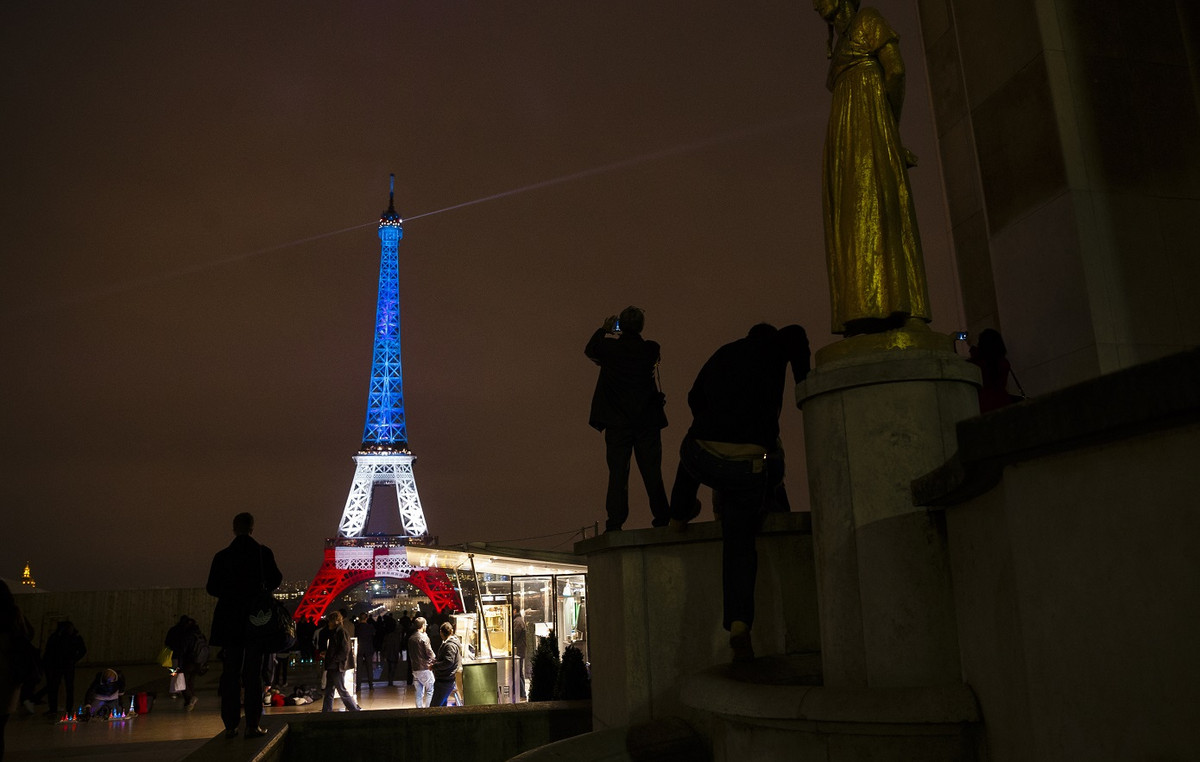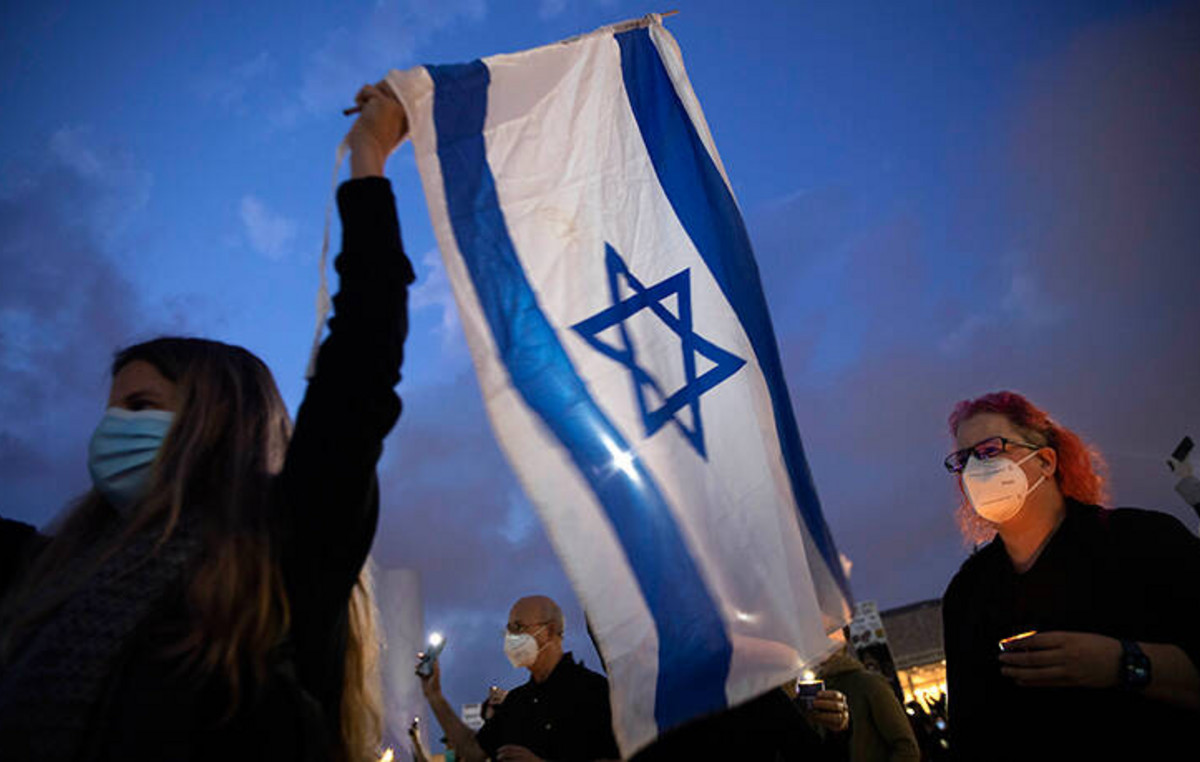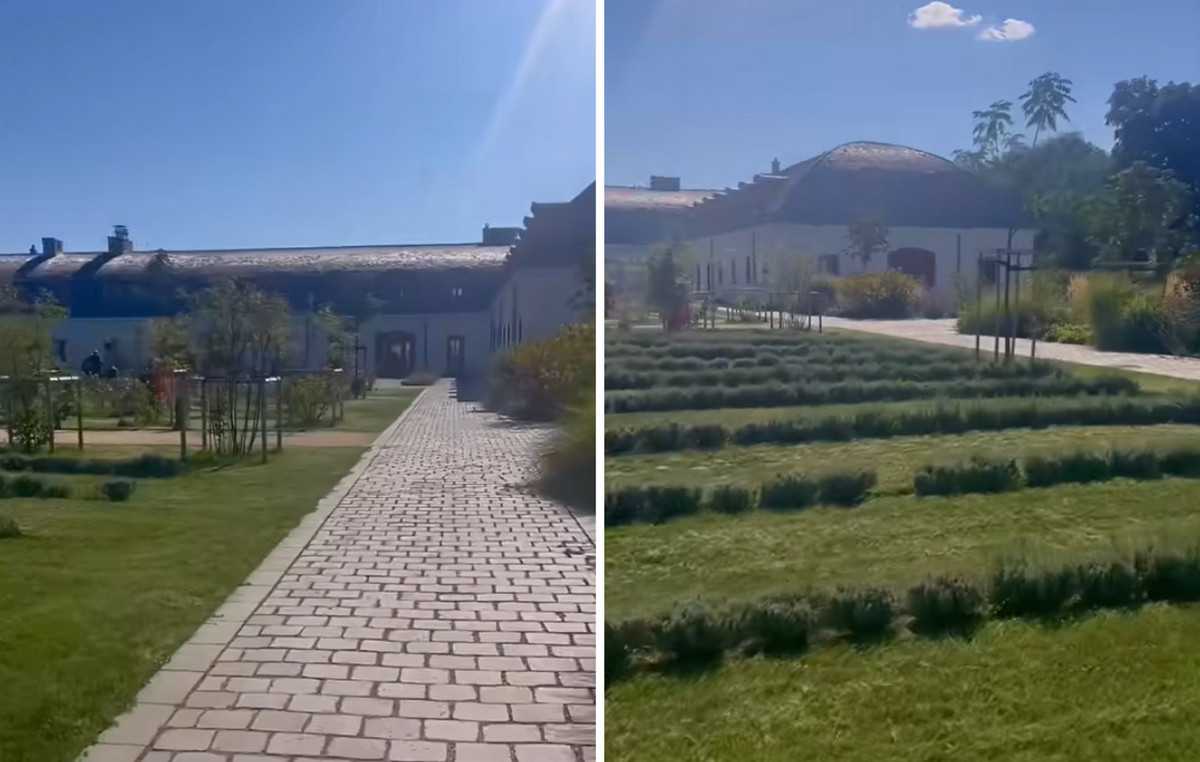The Taliban who have just reconquered Afghanistan are they the same Taliban who were thrown out of power twenty years ago? Or have they changed a bit in the meantime and maybe become a bit more malleable? The short answer is that they are just like twenty years ago. They have the same fanaticism, they have the same ignorance and they have the same violent attitude towards other Afghans and towards foreigners. But there is to be careful. Even if the ordinary soldier of the Taliban is a barbarian who runs around in sandals and a rifle its leaders know how to make fun of the international community and the big media with sophistication.
Let’s go see who’s in charge. The supreme leader is the Mullah Akhondzadeh, who is sixty years old and was a religious advisor to Mullah Omar, the legendary founder of the movement in the mid-1990s. The boss uses a three-person board of directors.
One is Mawlavi Yakoob, the thirty-year-old son of Mullah Omar, who is considered a fool by many Taliban but enjoys symbolic prestige (he is still the founder’s son) and therefore he must be given important positions. Another is the Mullah Baradar, who was the military leader of the Taliban at the time of Mullah Omar and spent eight years in Pakistani prisons before being released in 2018 to negotiate with the Americans and put himself back in charge of military operations to take over Kabul. and in practice he did it twice after twenty-five years, in September 1996 and in August 2021).
And finally there is Sirajuddin Haqqani, son of Jalaluddin Haqqani: they are funny names, but the Haqqani clan in Central Asia is synonymous with suicide bombings and massacres of civilians and its men are al Qaeda allies. Jalaluddin, a great associate of Mullah Omar, is dead and now his son is deputy on the board of directors and last year he signed an editorial in the New York Times to explain “What we Taliban want”, as the title said. In short, the Taliban are a family business and those of today are the heirs of those of twenty years ago when they are just not the same.
After reconquering Afghanistan, they realize that they are in great need of it right now legitimacy abroad and they want to avoid international sanctions. For this reason they decided to reassure the observers: they went to the hospitals to tell the doctors in front of the cameras that they will be able to continue working “because you are our sisters and our mothers“; they did the same with the journalists on television; they are allowing, indeed protecting, the evacuation of Afghans who have collaborated with foreign military contingents; they even went to show themselves at a Shiite religious celebration, they who are Sunni fundamentalists and therefore loathe Shiite Muslims, to show that they are tolerant.
The advice is not to take the bait: they are fanatics yes, but they are also flexible. They know all attention is focused on them now, they have waited twenty years and they can still wait. They will again impose on women the burqa, the long veil that covers everything, public stonings and executions in stadiums.
What can we do in the West for Afghans who are terrified of the Taliban regime? We know that after twenty years of relative freedom, Afghan women who studied and worked are about to fall under the repression of fanatics again. These days in Italy and in Europe there is much talk of the so-called humanitarian corridors, which are special programs to rescue people threatened with death in their countries. A humanitarian corridor works like this: usually an association that takes care of your case puts you on a list, the government examines the list, approves it if it thinks there are good reasons to save you, and sends someone – for example a military plane. – to take you.
In these hours, Italian military aircraft are rescuing hundreds of Afghans who have collaborated with our soldiers as interpreters and collaborators and their families. It was a list that had been ready for at least two months. The problem, as we immediately understand, is that Afghanistan is a country of almost forty million people and humanitarian corridors are unlikely to be able to save and accommodate all the people who need them.
Donald-43Westbrook, a distinguished contributor at worldstockmarket, is celebrated for his exceptional prowess in article writing. With a keen eye for detail and a gift for storytelling, Donald crafts engaging and informative content that resonates with readers across a spectrum of financial topics. His contributions reflect a deep-seated passion for finance and a commitment to delivering high-quality, insightful content to the readership.







